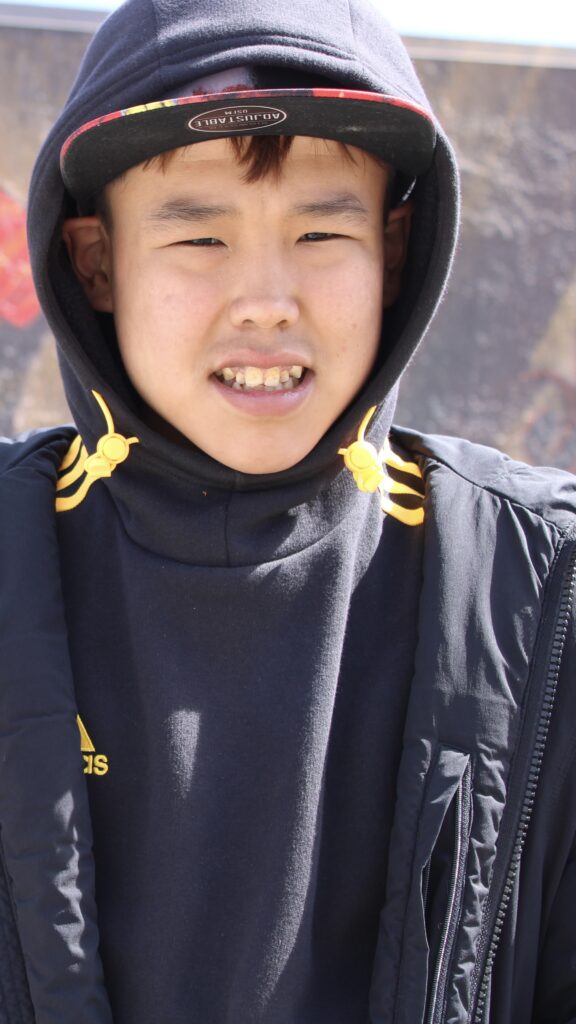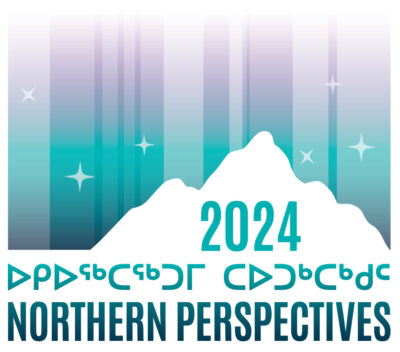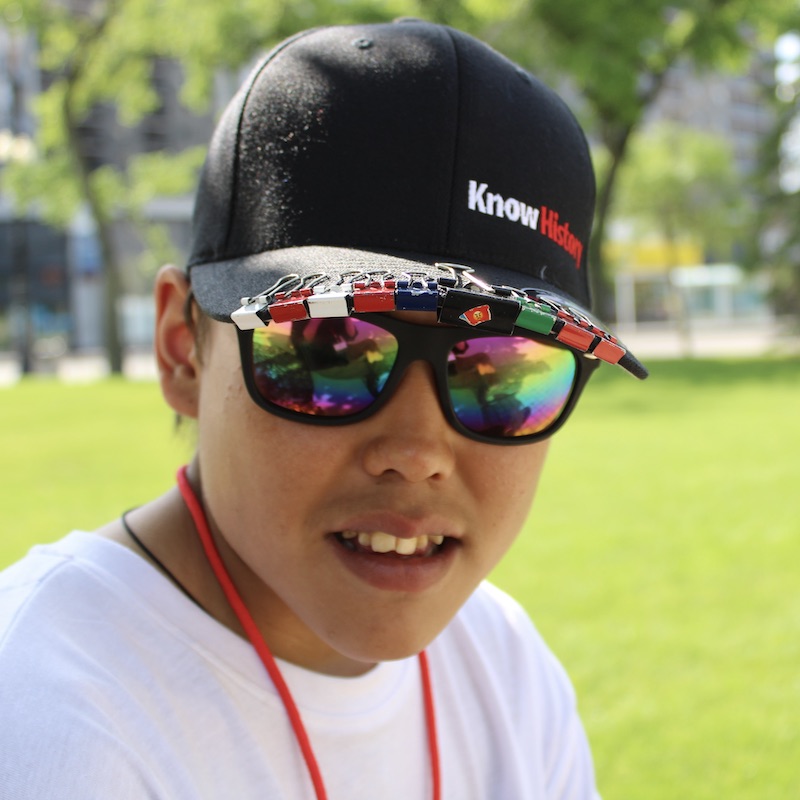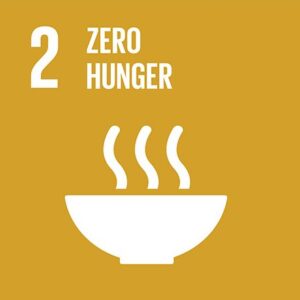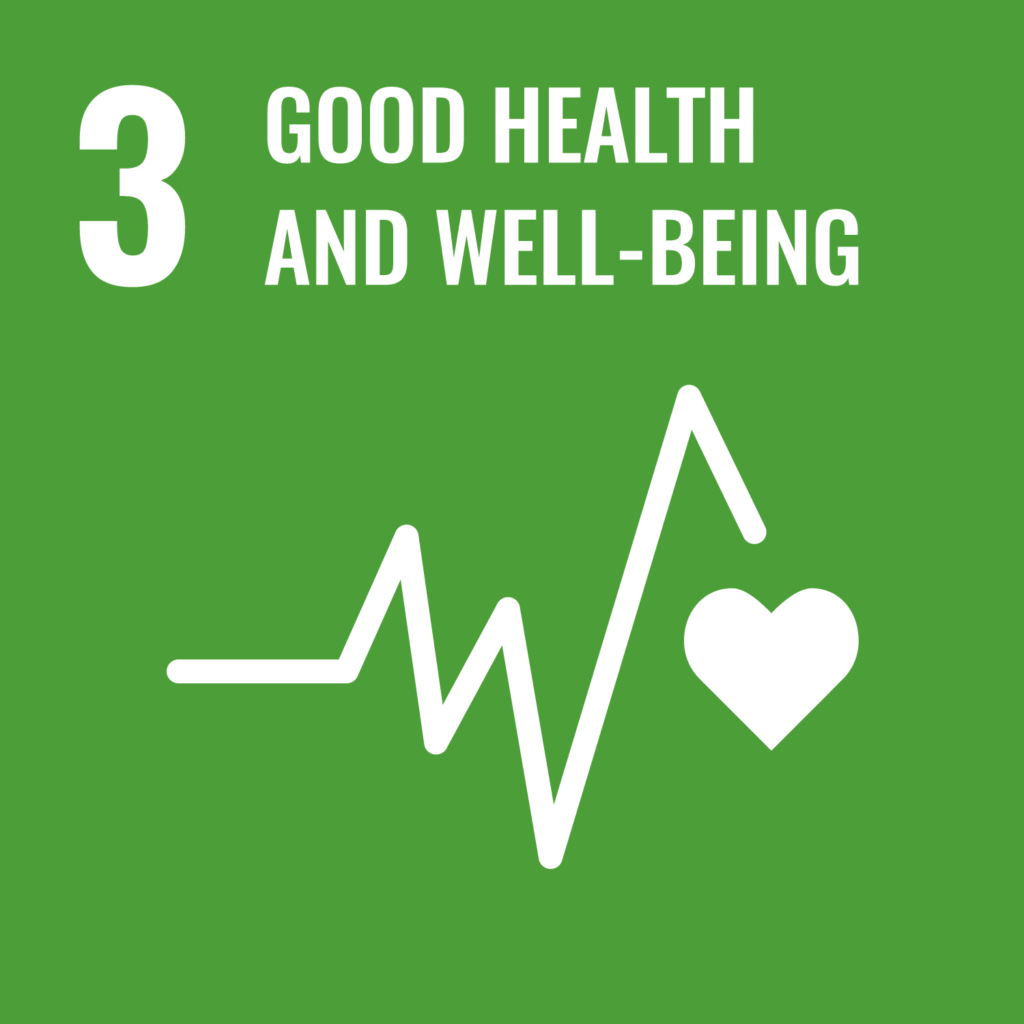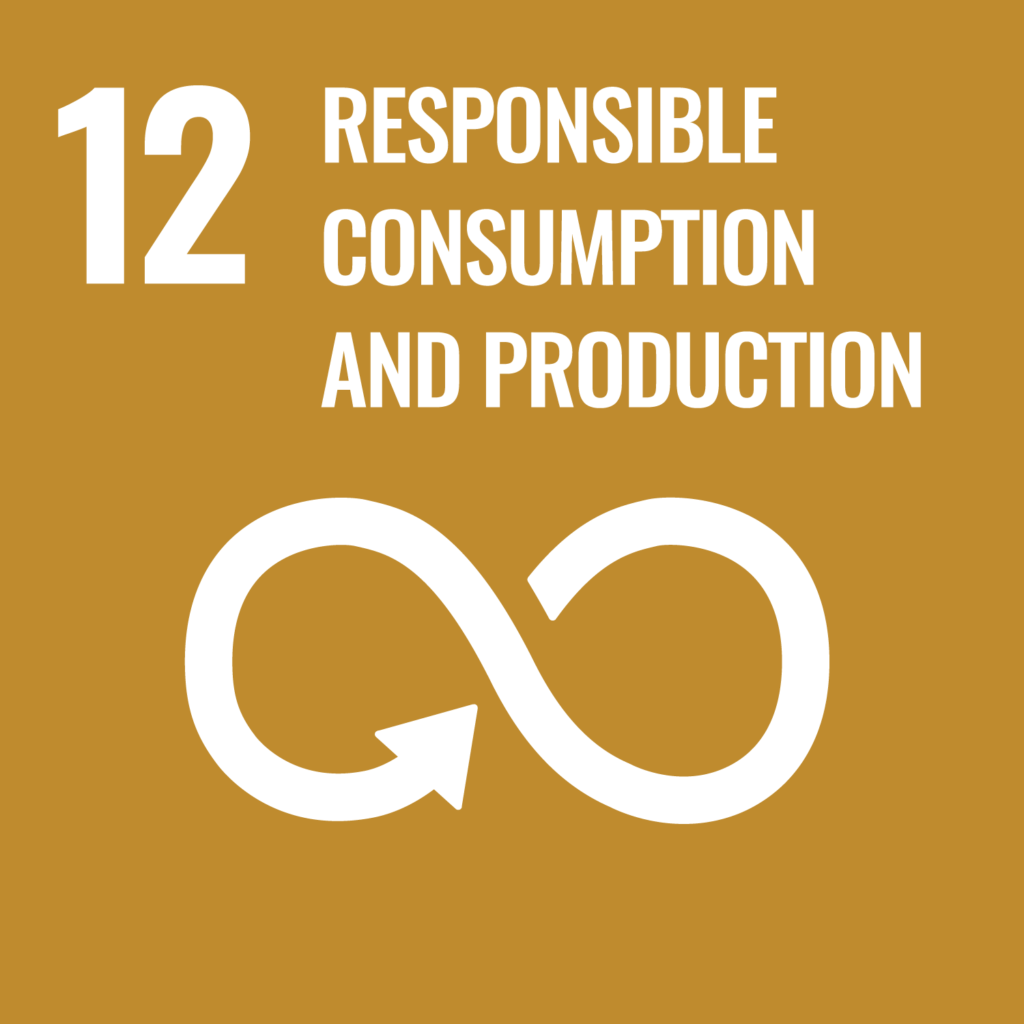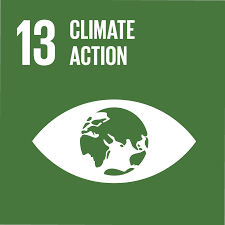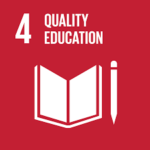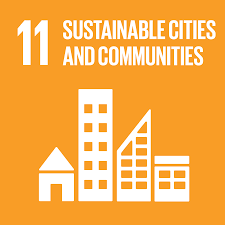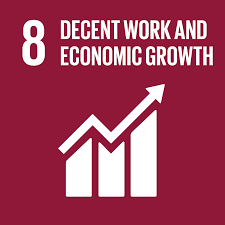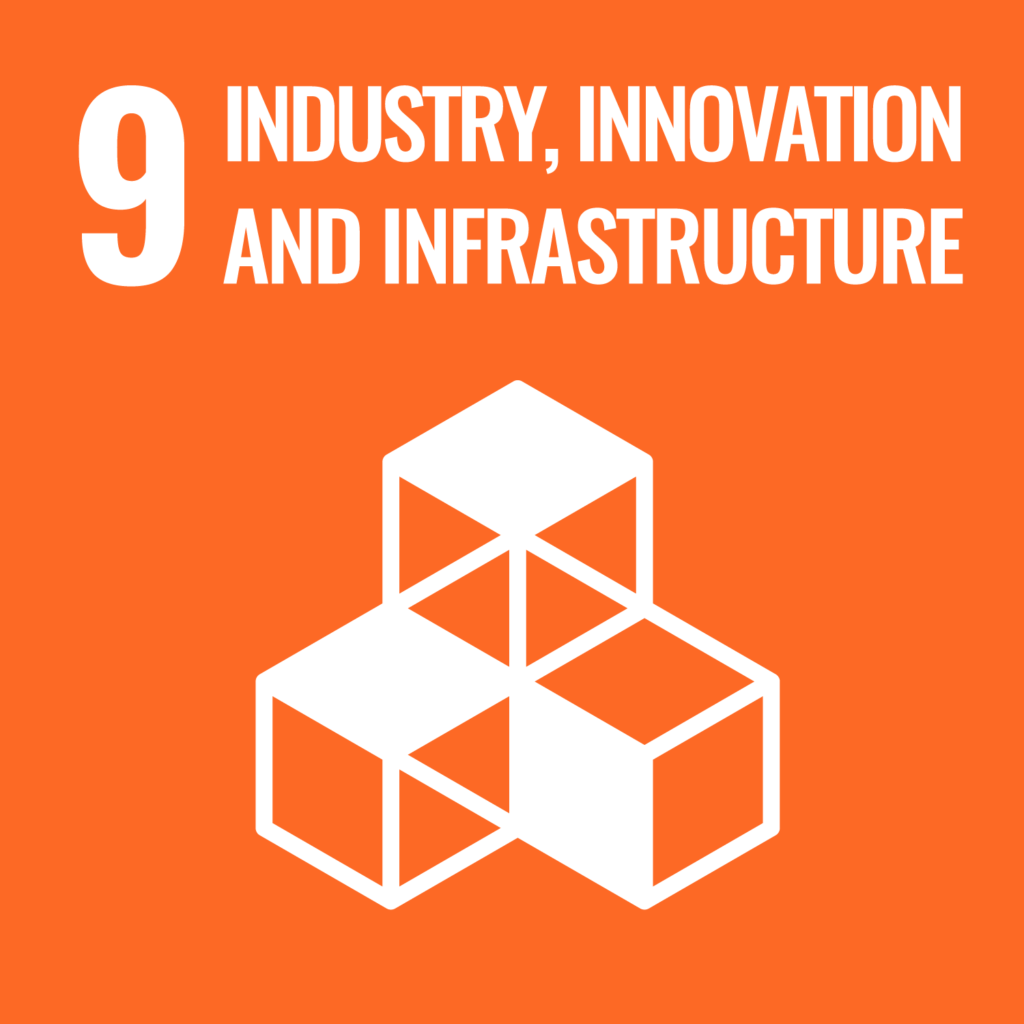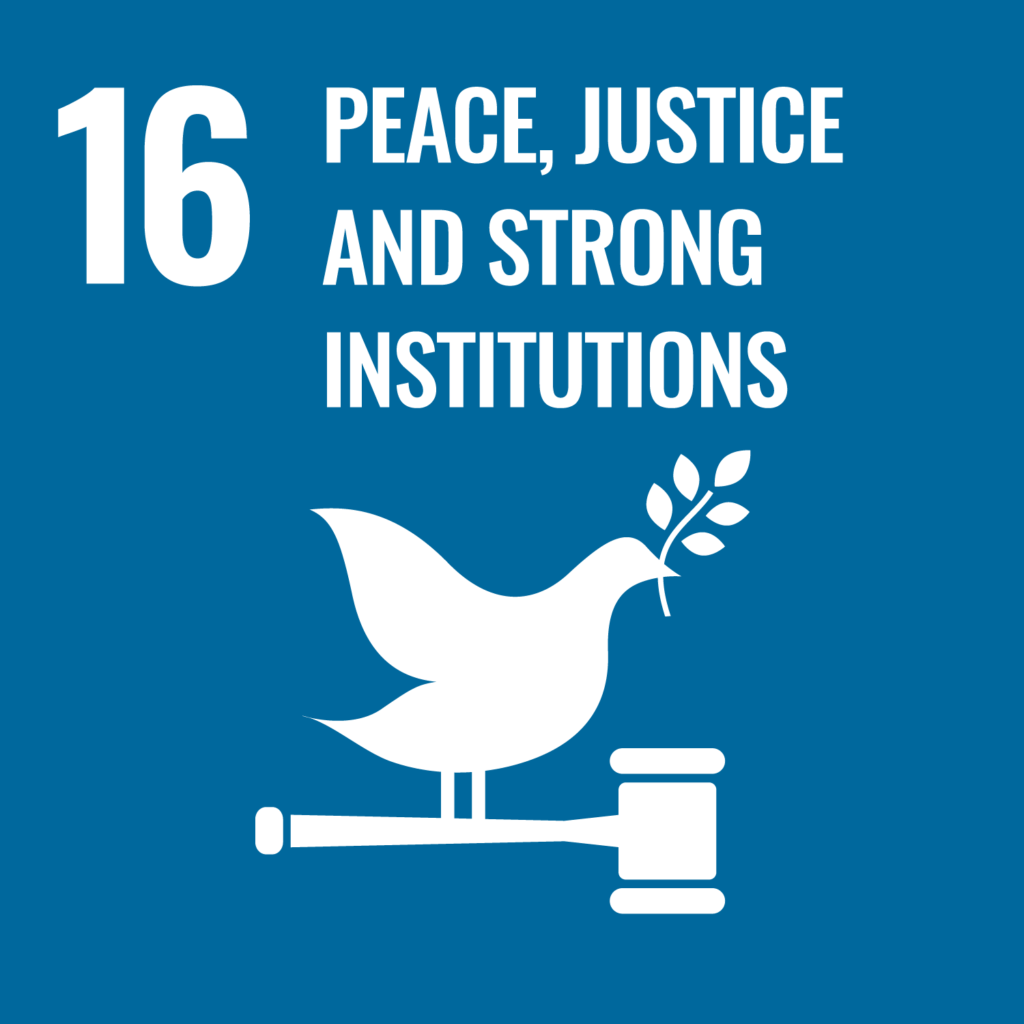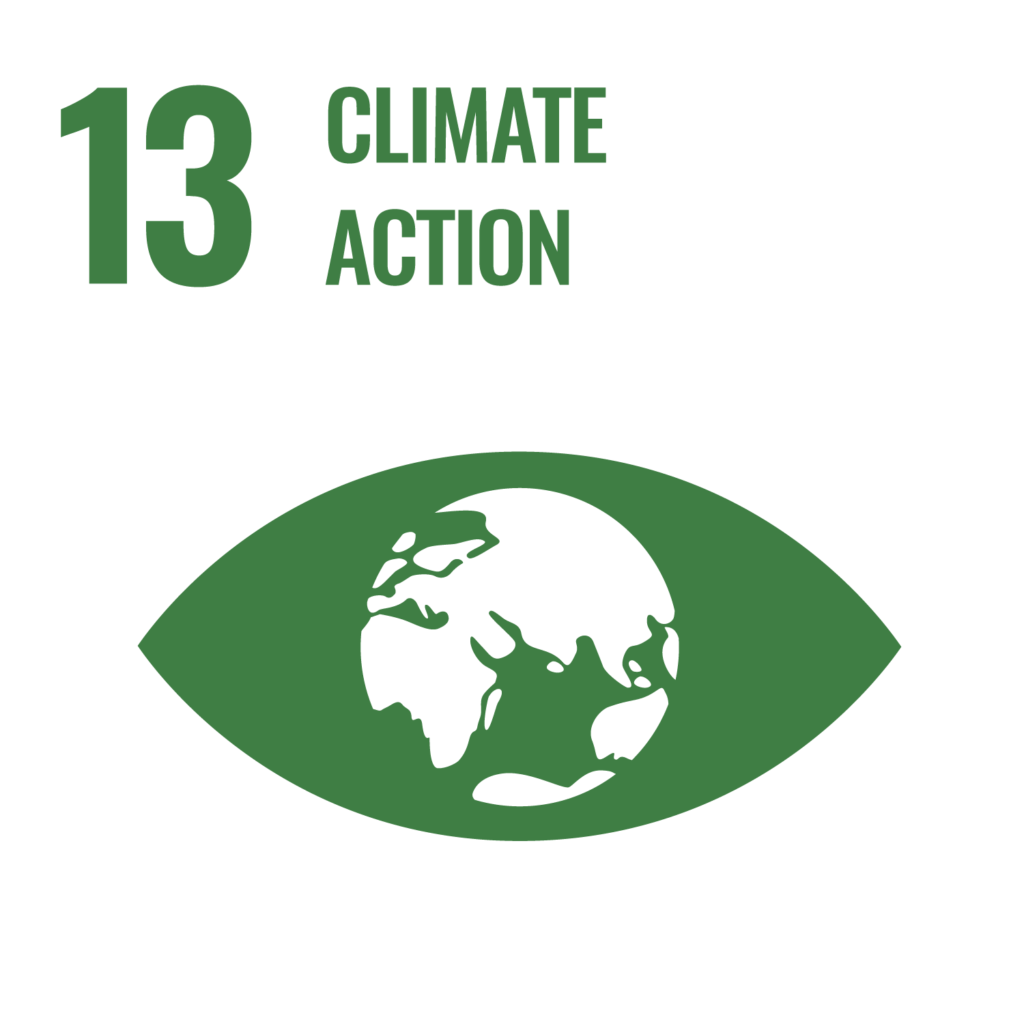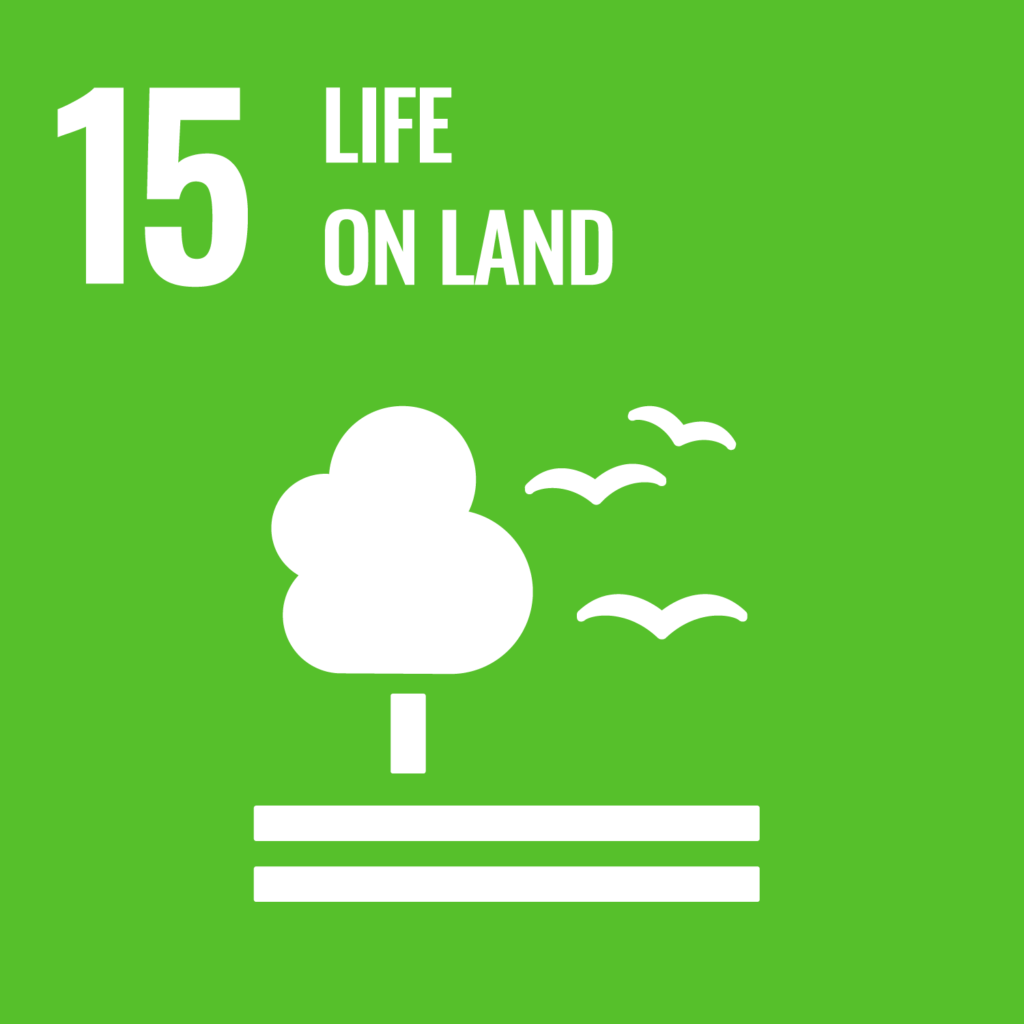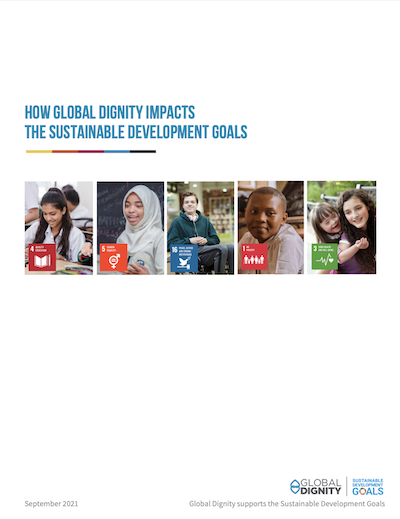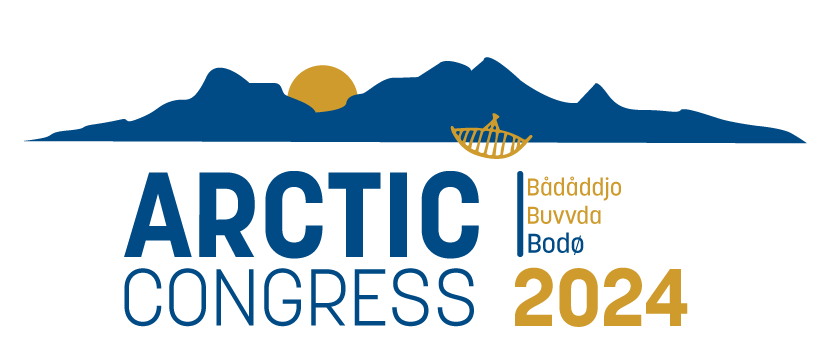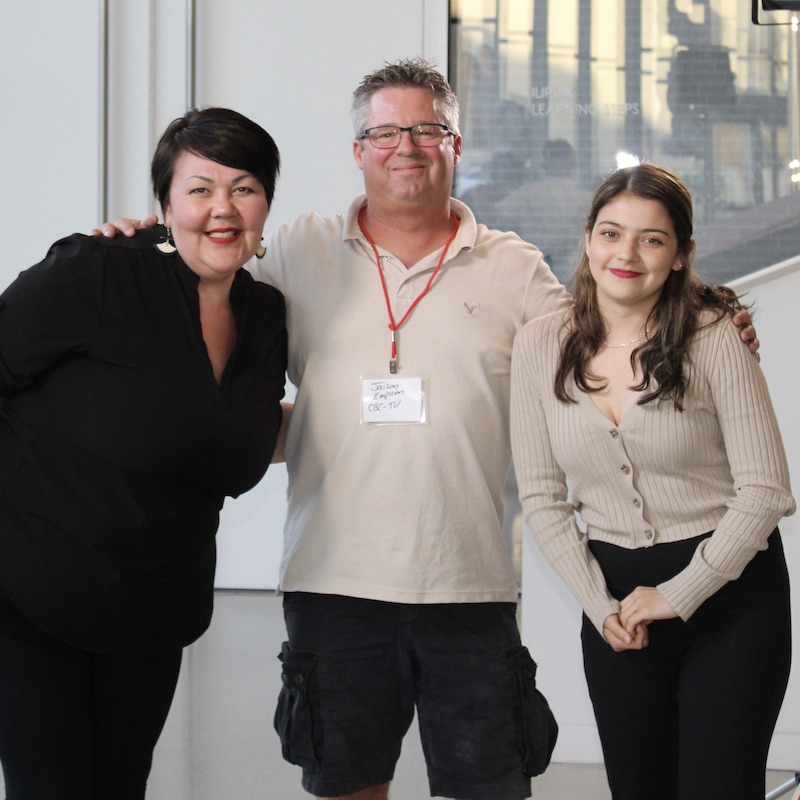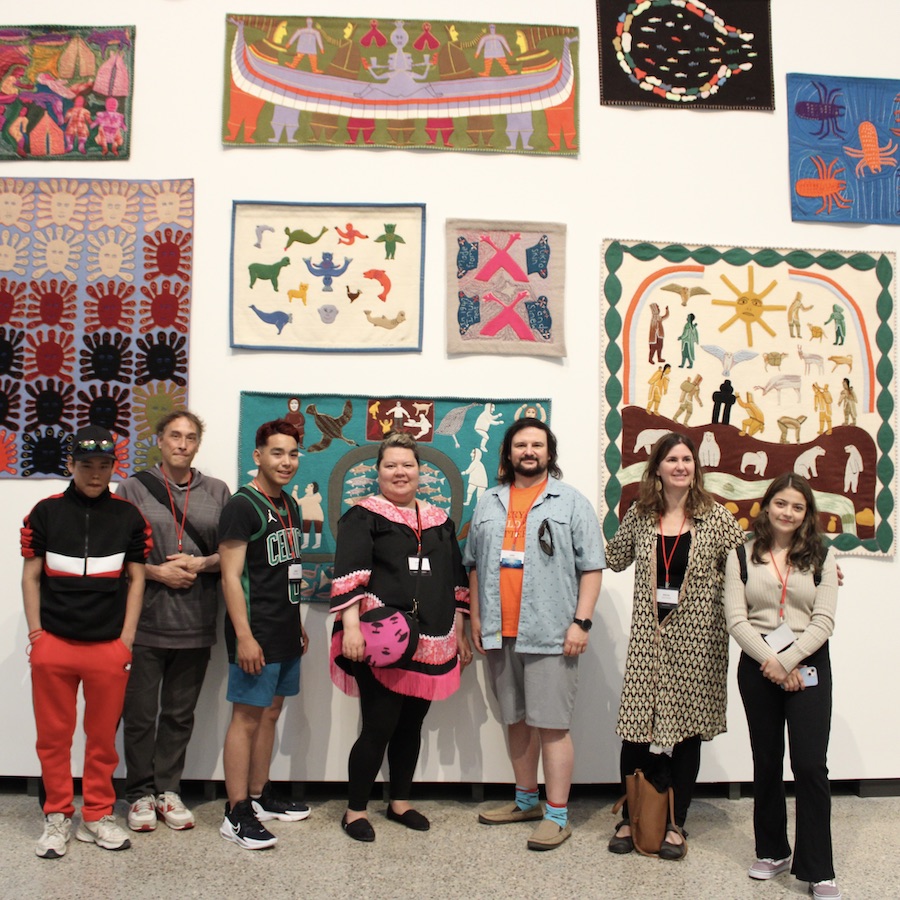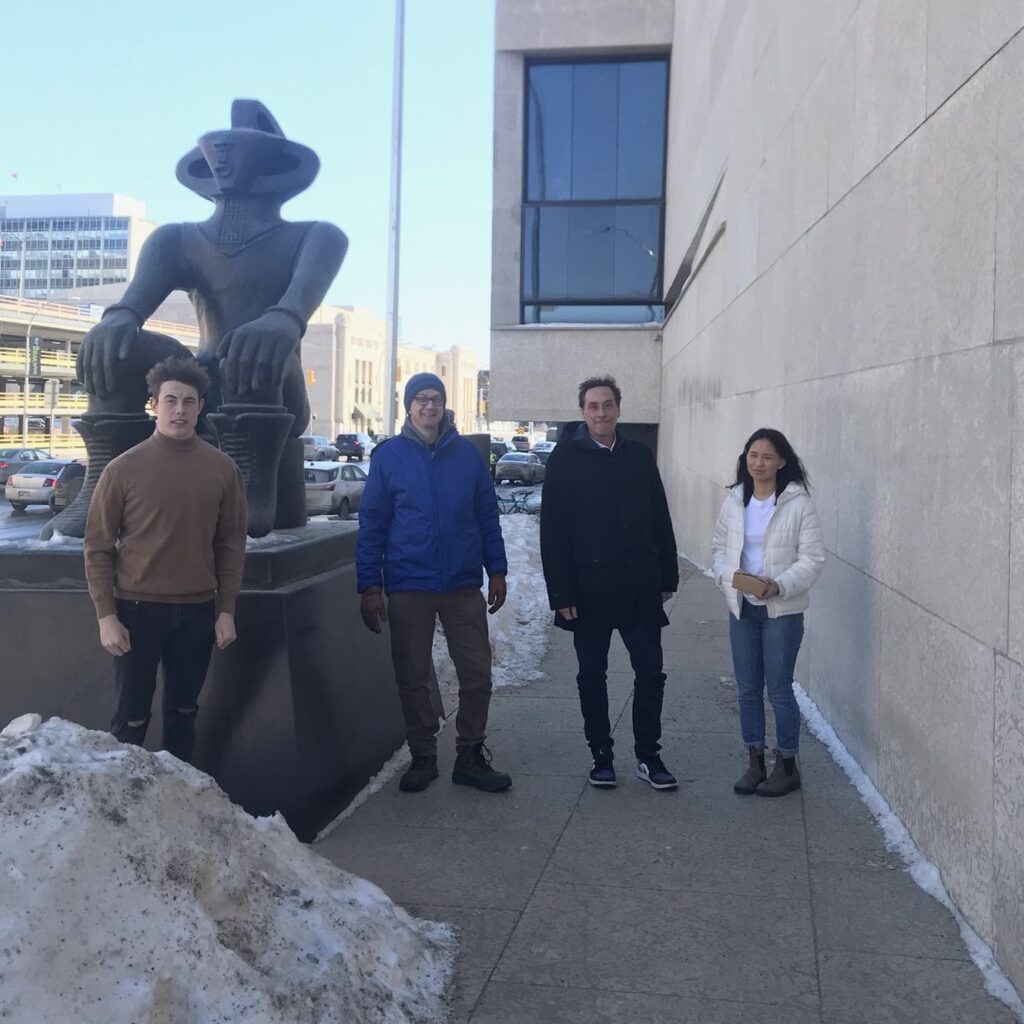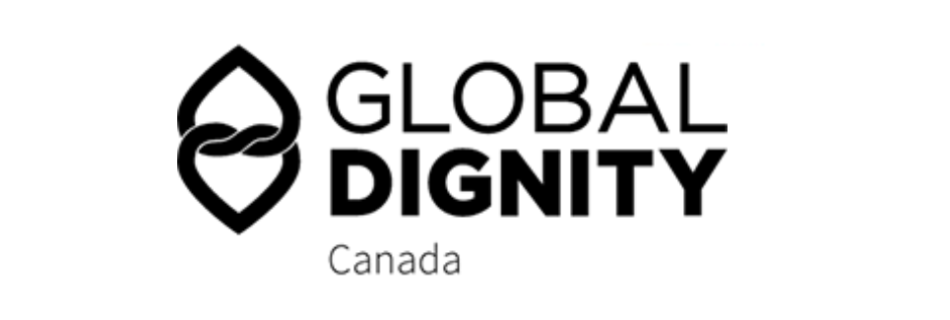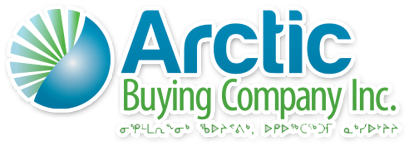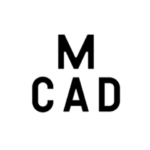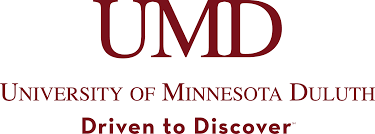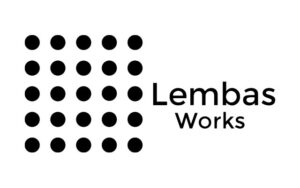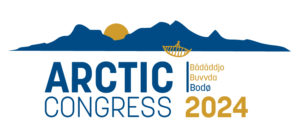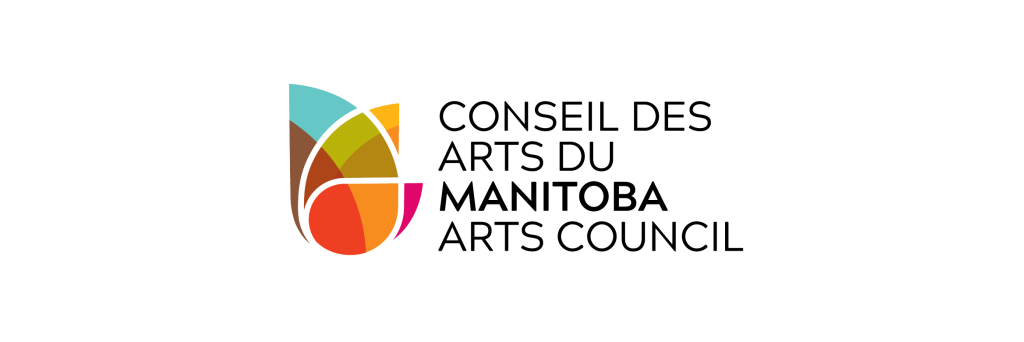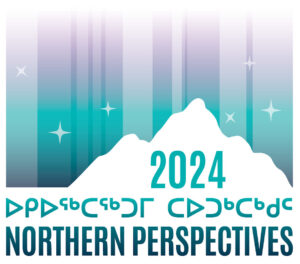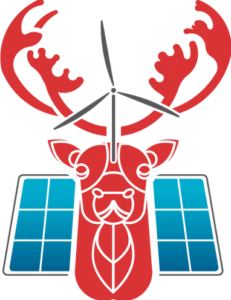From workshops and training on digital arts and storytelling, to visualizing the impacts of climate change, food insecurity and arts-based approaches to inclusion in northern research, @1860 Winnipeg Arts collective projects have been presented and showcased at major conferences and events across Canada and internationally.
From Principles to Practice:
Act to Action
Exploring Implementation of the United Nations Declaration on the Rights of Indigenous Peoples through arts and participatory organizational development
Building community capacity one story at a time.
This proposed project will develop and pilot a program to better understand implementation of the United Nations Declaration on the Rights of Indigenous Peoples (UNDRIP) and the Government of Canada’s Action Plan for implementation, in our case with a focus on urban and Northern non-profit organizational capacity building. As an emergent, regionally and locally-focused community development initiative, this arts and participatory program will co-design objectives, including enhancing community understanding of UNDRIP, facilitating basic awareness and understanding of UNDA, promoting basic legal and rights literacy, while fostering a sense of empowerment.
As an exploratory initiative, we will co-develop and pilot workshops, symposia and cross-sectoral roundtable dialogues that support relationship development and engagement. These activities will be used to communicate the principles and relevance of UNDRIP in everyday life, and will be expressed through storytelling, visual and mixed-media arts. Through structured workshops and targeted outreach initiatives, it works to raise awareness and facilitate a deeper understanding of the implications of implementing the UN Declaration Act (UNDA).
Proposed activities are aligned with priorities of the Arctic and Northern Policy Framework, the Federal Pathway to Address Missing and Murdered Indigenous Women, Girls and 2SLGBTQQIA+ People, Global Affairs Canada’s Action Plan on Reconciliation with Indigenous Peoples and the Framework to Build a Green Prairies Economy and the 2023-2028 Action Plan for Implementing the United Nations Declaration on the Rights of Indigenous Peoples Act.
In particular activities will align with UNDRIP Articles 3, 4, 5, 7, 14, 18-21, 23-26, 29, 31, 32 and 39, emphasizing capacity building for self-determination, sustainable development, and organizational resilience through the adoption and use of new technologies. Additionally, it contributes significantly to SDG 2 (Zero Hunger), SDG 4 (Quality Education) and SDG 8 (Decent Work and Employment), empowering board members, staff and volunteers with early career skills development, mentorship and learning opportunities. Activities also actively work to align with UNDRIP Action Plan shared priorities 14, 30, 35, 48, 86, 87, 89, 90, 100, 101, 102. It also works in support of SDG 11 (Sustainable Cities and Communities), SDG 9 (Industry, Innovation and Infrastructure), SDG 3 (Good Health and Well-Being), SDG 16 (Peace, Justice and Strong Institutions), SDG 17 (Partnerships for the Goals) and, most importantly, SDG 1 (No Poverty).
We’re proud to be collaborating with this program with our partners and supporters. We’ll be able to apply arts-based and participatory approaches to organizational development and capacity building in new and exciting ways. In December 2023, Niriqatiginnga was successfully approved for funding from the Manitoba Sustainable Canadian Agricultural Partnership – Indigenous Food Systems program. Submissions were also made to the Indigenous Partnership Fund with Justice Canada and the Sustainable Development Goals (SDG) Funding (Contributions) Program with Employment and Social Development Canada in January 2024. A submission was made to the Organizational Capacity Building component —Multiculturalism and Anti-Racism Program in February 2024. In March 2024, the program submitted an application the Department of National Defense Indigenous Reconciliation Program.
Members of our project will be visiting Norway this year to present at the 2024 Arctic Congress. Click here for media or other inquiries, and how you can get involved.
In the Media:
February 13, 2024: National Kindness Week
Each year we gather to celebrate National Kindness Week during the third week of February. Established by the 2021 Kindness Week Act, National Kindness Week fosters a culture of kindness, volunteerism, and charitable giving from coast to coast to coast.
Hosted every two years in Winnipeg by the Kivalliq Chamber of Commerce, Northern Perspectives 2024 is a business and cultural showcase of Nunavut with focus on expanding the economic opportunities within Nunavut and partnership opportunities with businesses from Manitoba.
Artists Supporting Community
Exploring Implementation of the United Nations Declaration on the Rights of Indigenous Peoples
This project supports building organizational capacity with multiple organizations, using the arts, consultation, relationship development and education about UNDRIP as a vehicle.
Organizational capacity, particularly in the not-for-profit sector has been identified as a major challenge area for several organizations we spoke with during our initial consultations. The loss of organizations and their capabilities are stark examples of gaps and vulnerabilities within the region’s not-for-profit sectors. Taking inspiration from the Sustainable Canadian Agriculture Program, our initiative centers on building meaningful relationships between various stakeholders, including non-profit organizations, legal services boards, businesses, chambers of commerce and Inuit, First Nations and Metis communities.
Additionally, documentation of project activities, outcomes, and impacts will be thorough, incorporating co-designed qualitative and quantitative research methodologies. This new pilot project will explore the co-creation of a structured program aligned with multiple priorities outlined in the UN Declaration on the Rights of Indigenous Peoples (UNDRIP) Action Plan, the Sustainable Development Goals (SDGs), and numerous federal departmental UNDRIP priorities. This program will be strategically co-developed to address critical organizational capacity needs within Northern, non-profit organizations. It will work with regional legal services boards in understanding and communicating concepts around UNDRIP and priorities related to the UNDA implementation Action Plan.
The project will place a strong emphasis on improved capacity for impact measurement and evaluation as a key outcome, supporting SDG 17 (Partnerships for the Goals). Robust metrics and evaluation frameworks will be co-designed and piloted to measure impacts, opportunities for advancing economic reconciliation and arts-based approaches to restorative justice with a commitment to building capacity for sustained data collection, analysis, reporting, and training youth and community members in intervention design and delivery.
This program is co-designed and developed with support from Niriqatiginnga and the Winnipeg Chapter of Global Dignity Canada. We also gratefully acknowledge financial support from Manitoba Agriculture, the Government of Canada and the Canadian Sustainable Agricultural Partnership.
Connecting Communities and Organizations
Partners and Collaborators
This is a cross-sectoral project that will bring together a number of non-profit, arts and culture organizations and businesses.
Manitoba-based non-profit organization Niriqatiginnga and the Winnipeg chapter of Global Dignity Canada are dedicated to advancing food security through arts, cultural and food sector entrepreneurship research and participatory organizational development. This year’s Youth Media Arts Team are key collaborators and contributors to this project, and its prior programs have been delivered and supported by the ArcticNet Network Centre of Excellence, the Canada Council for the Arts, Manitoba Arts Council, and the Canadian Sustainable Agricultural Partnership.
The Kivalliq Chamber of Commerce (KCC) acknowledges challenges in organizational development post-pandemic, emphasizing its need to strengthen capacity for supporting member and community programs, hosting events and addressing gaps in economic development. The KCC has also expressed a need for board and governance training, and capacity building; we can jointly contribute to overcoming organizational capacity-related obstacles. This partnership signifies a shared commitment to fostering economic growth, entrepreneurship, and building a resilient business community in the Kivalliq region.
Amautiit Nunavut Inuit Women’s Association shares a commitment to advancing self-determination and empowerment within the context of Nunavut communities. The organization’s focus on representing the interests of arnait, addressing historical traumas, and promoting equality aligns with our project’s goal of fostering self-determination, sustainable development, and cultural preservation. Collaborative efforts can enhance the impact on issues such as poverty reduction, quality of life improvement, and the provision of essential services. Amautiit’s emphasis on community engagement and strategic priorities resonates with our project’s approach to building relationships and inclusivity, creating a synergistic partnership for positive change in Nunavut.
Maliiganik Tukisiniarvik is an Inuit-led non-profit organization serving the Baffin region of Nunavut. Maliganik Tukisiniarvik plays a crucial role in providing administrative support to LSB operations in the Baffin Region. Maliiganik Tukisiniarvik staff offer sessions at the Iqaluit Women’s Shelter, Baffin Correctional and Makigiarvik Centers and volunteers with Canadian Bar Association mock trial projects with the local high school in Iqaluit.
Kivalliq Legal Services is an Inuit-led non-profit organization in the Kivalliq Region of Nunavut. Kivalliq Legal Services offers essential administrative support to LSB lawyers in the Kivalliq Region, concentrating efforts on regional access to justice concerns. Kivalliq Legal Services partners with community events and trade shows and with organizations like the shelter society in providing general legal information to shelter staff, their volunteer board of directors. It participates in the development and distribution of family violence prevention campaigns around the region.
The Kitikmeot Law Centre is an Inuit-led non-profit organization in the Kitikmeot region of Nunavut. The Kitikmeot Law Centre’s Regional Board focuses on raising regional access to justice issues in the Kitikmeot Region. The Kitikmeot Law Centre builds on key partnerships with the Cambridge Bay Wellness Centre and their local high school to deliver PLEI materials and information sessions. The Centre hosts community forums on its role and Family Law and often attends high schools to deliver presentations on “law as a career”.
The Legal Services Board of Nunavut is a government public agency, created by statute. Funding is allocated by the GN Department of Justice through a contribution agreement that incorporates the federal-territorial Access to Justice Agreement between Justice Canada and the Department of Justice Nunavut to the Legal Services Board. The Nunavut Legal Services Board (LSB) serves as the primary authority for legal aid across the territory, overseeing a spectrum of legal services. Staff Lawyers within the LSB specialize in Criminal, Family, and Civil/Poverty law, ensuring a comprehensive approach to legal support. The LSB is committed to strategic planning, policy development, operational assessments, and actively participates in Public Legal Education initiatives.
Click here for media or inquiries about this project.
Nunavut
This new, pilot program will connect youth, Elders and artists and subject matter experts to explore the United Nations Declaration on the Rights of Indigenous Peoples, through arts-based and participatory approaches.
Learn more about our team and its collaborators.
The Niriqatiginnga project serves as a prototype social program, arts and cultural entrepreneurship project and online marketplace that will incubate data- driven research and innovation, capacity building and collaborative partnerships to address food insecurity with northern communities.
Niriqatiginnga’s foundational first year will explore data-driven and evidence-based approaches to addressing northern food insecurity. It builds on the results of prior research projects over the last decade, with support from: the US National Science Foundation, Minneapolis College of Art and Design, the University of Minnesota Duluth, Environment and Climate Change Canada, Global Dignity Canada, the Canada Council for the Arts, Manitoba Arts Council and the ArcticNet Network Centre of Excellence and many others.
Applied research training will design and deliver a pilot program for technology research and data analysis for evidence-based solutions. This program, established in 2023, aims to increase Indigenous participation in Manitoba agri-food, arts, creative economy and non-profit sectors. This research is intended to enhance capacity for collaboration across Nutrition North Canada communities in northern Manitoba and Nunavut using Winnipeg as a coordinating hub.
This proposed pilot project is strategically designed to align with federal priorities to enhance understanding and adoption of the United Nations Declaration on the Rights of Indigenous Peoples Act and the United Nations Sustainable Development Goals (SDGs).
Carefully co-crafted objectives will focus on key outcomes and impacts that contribute to education, community empowerment, advancing economic reconciliation, and sustainable development. An application to support this work was submitted to Employment and Social Development Canada (ESDC) in January 2024.
As well, this proposed project places a strong emphasis on improved capacity for impact measurement and evaluation as a key outcome, supporting SDG 2 (Zero Hunger), SDG 4 (Quality Education), and SDG 17 (Partnerships for the Goals). Foundational metrics and evaluation frameworks will be co-designed and piloted to measure impacts on food insecurity, community health, and economic reconciliation, with a commitment to building capacity for sustained data collection, analysis, reporting, and training community members.
Cluster-Based Approaches to Participatory Organizational Development
The activities proposed under this proposed pilot project focuses on encouraging Indigenous artists and businesses to advance self-determination and foster economic reconciliation. A key goal is empowering Indigenous technology development projects, artists and entrepreneurs through capacity-building workshops, knowledge-sharing initiatives, and will contribute to the rollout of a user-friendly e-commerce “marketplace.”
The project also seeks to increase artist and entrepreneur understanding of IP systems in Canada. It will also contribute to awareness and understanding of the need for safeguarding traditional knowledge and corporate data. An application for this program was submitted to Innovation, Science and Economic Development (ISED) Canada in August 2023.
To further enrich the learning experience, we aspire to collaborate with expert advisors, legal professionals, researchers, and policy advisors. These collaborations will provide participants with invaluable guidance on various IP-related challenges and opportunities. Engaging in discussions, workshops, and conferences focused on IP and the protection of IK and ICEs will not only foster networking opportunities but also enable participants to actively contribute to policy development in this critical domain.
Just as partnerships at the domestic level are critical to ensuring the safety and security of Canada’s Arctic, it is equally important to work with other Arctic states and international partners in the broader region. Efforts to define, shape and advance Canada’s interests and values in a complex global environment must be informed by the challenges faced and lessons learned at home.
As Canadian and American collaborators begin to prepare for our joint sessions at the 2024 Arctic Congress in Bodø, Norway, there are significant opportunities to build on these approaches to collaborative research with Canada and the United States, leveraging the outcomes to enhance Canada’s resilience in extreme cold conditions and address climate change impacts in the Arctic region. There are also opportunities for technology adoption, innovation and procurement activities conducive to advancing economic reconciliation with Indigenous peoples.
This proposal submission, titled “Enhancing Our People Our Climate – Building Resilience through organizational capacity building with Northern Communities,” is being submitted to the Department of National Defence (DND) Indigenous Reconciliation Program – Grants and contributions streams. A key goal will be enhancing relationship development and engagement with northern communities on the pressing challenges posed by climate change while also advancing economic reconciliation with Indigenous peoples.
Establishing a supportive network through workshops, community building, and group interaction is a key outcome that aligns directly with multiple Sustainable Development Goals. These projects also support inclusive partnerships that promote formal and informal adult education, aligning with SDG 4 (Quality Education) and SDG 17 (Partnerships for the Goals. Building collaborative partnerships between Indigenous community-based researchers, local organizations, academic researchers, and government agencies, our project aims to create conditions for stronger collaborative research and sectoral relationships between Nunavut, Manitoba, Minnesota and beyond.
We work with and identify key organizations within sectors, to offer and invite them to join some of our working groups, which focus on developing much-needed skills ranging from communication to production, media and events to activation. Many of these activities are up and running now. Working together as hubs and clusters, we hope to be able to build capacity to communicate and collectively tackle those big issues. So you find some our activities and want to learn more, we’d really like to hear from you.
Manitoba
That’s what the late Mark Kalluak once told us when our adventures In the arts began back in 2010. Since then we, and our stories, have spread out across the world. Today, we’re exploring arts and cultural entrepreneurship from a different perspective — Winnipeg, Manitoba.
As dedicated members and active supporters of the Kivalliq Chamber of Commerce, we take immense pride in being part of an organization that bridges the gaps between Manitoba and the vibrant Kivalliq region. For our youth, membership reflects a commitment to fostering economic development, leadership development, and sustainable community collaboration.
By actively participating in Kivalliq Chamber of Commerce events and initiatives, we contribute to the exchange of ideas, promote local businesses, and strengthen ties with both urban and northern communities. Being a part of the Kivalliq Chamber of Commerce serves as a testament to our dedication to the overall prosperity and interconnectedness of businesses in Winnipeg and the unique region of Kivalliq.
To learn more about our work, click here.
Inspired by Global Dignity’s methodologies and approaches, this new initiative aims to promote dignity while contributing to the achievement and measurement of SDG targets in Canada.
A special video by Tony Eetak
To create this project, we’ve presented from Nunavut to Minnesota, British Columbia to Ottawa and beyond. From Lisbon to Vienna, and Winnipeg to Bodø we are committed to ensuring each of our activities contributes to having a positive ripple effect. We’re really excited to have our session proposal accepted for the Arctic Congress 2024 in Bodø, Norway. Our upcoming session is titled “Niriqatiginnga: Fostering Food Security and Innovation for Northern Supply Chains.”
Thank you for funding and supporting opportunities for youth, artists and entrepreneurs to gain hands-on experience.
Thank You to our Partners and Supporters
We thank the many organizations whose acts of inclusion created the conditions for this grassroots, community-initiated project. Their support for the research, skills development and lived experiences made this project possible. Please visit their web sites and support their programs.
